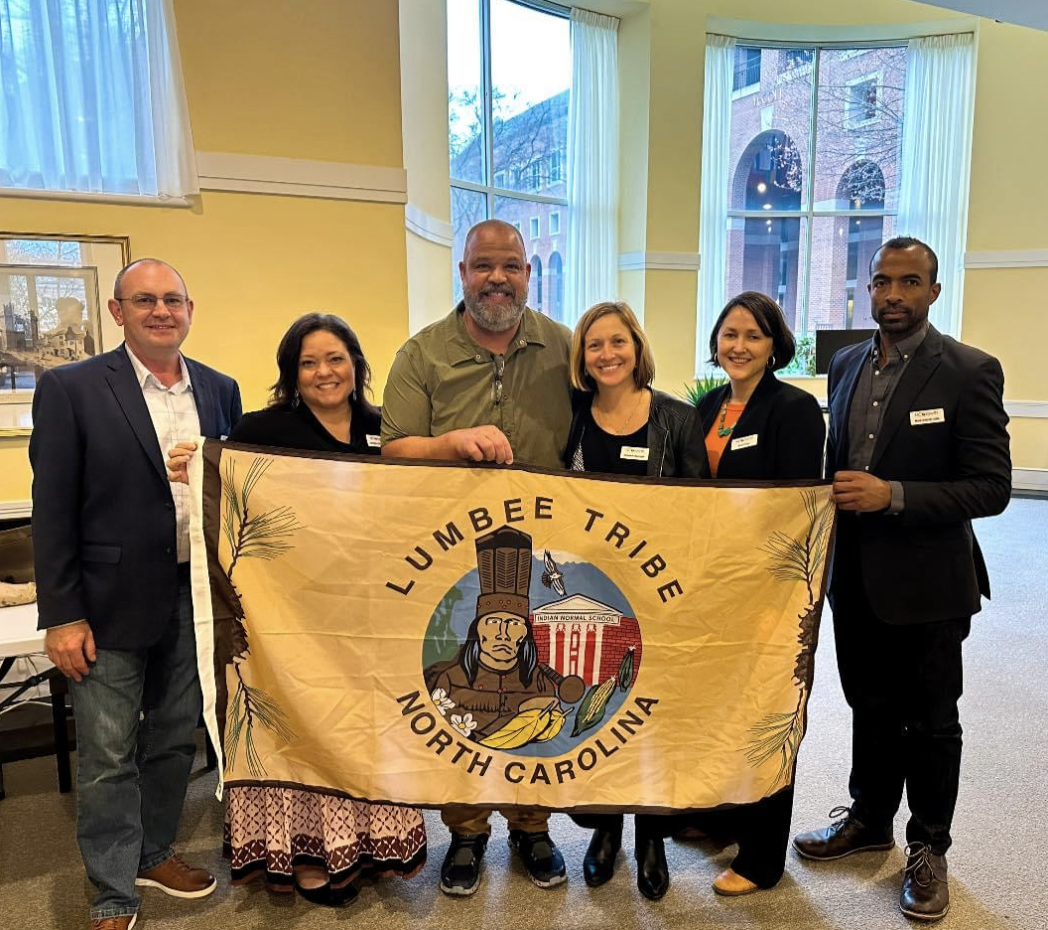by: Amarra Ghani, Campus Voice editor, [email protected]
Tepees, overly exaggerated tribal wear and chanting is a little bit of what No Doubt’s new music video looks like.
After a controversial debacle facing No Doubt’s new music video, “Looking Hot,” the band decided to pull their video off of YouTube and Vevo.
No Doubt, a band originating from Anaheim, Calif., reportedly took heat from the Native American community after releasing a single from their upcoming album, Push and Shove.
The music video shows lead singer Gwen Stefani and lead bassist, Tony Kanal, in traditional Native American attire, while the other two band mates are dressed as cowboys, in what seems to be an adult game of cowboys and Indians.
The video shows an array of exhausted, stereotypical Native American traditions relatively shown in mainstream media. Some of the imagery in the video displayed Stefani wearing feather headdresses while dancing in tepees, all while using fire and smoke signals to fight away cowboys in the middle of a dusty old town.
The video released on Friday but was immediately removed from official online music media channels after a thread called “appropriating Native American culture” appeared on their fan forums.
After the mishap, No Doubt addressed the topic on their official website stating they were in fact a multi-racial group, and their intent was not to offend Native Americans, their culture or their history.
They also said they consulted with Native American friends and experts on Native American studies before creating the video but after hearing the feedback, they now realize why this could have been seen as offensive.
It is obvious No Doubt did not intentionally create a music video to mock or offend Native Americans, but using the token brown guy, Kanal, in their defense was a stupid move. It is almost like convincing people why you are not a racist; that should be something that goes without saying.
Using the token brown guy does not make an entire group diverse, tolerant or accepting, it just means you have another human being in your band.
“I think it is offensive because I don’t think culture is meant to be a decoration, especially for someone who isn’t part of that culture,” said Jiell Richardson, a junior international studies student at UNC Asheville.
“The way to embrace a culture is to read about, experience it, go into its environment. I wasn’t inside their heads, but I don’t have the desire to marginalize people in the name of art, because I wouldn’t want that done to me,” Richardson said.
While Stefani may take the cake for being one of the cooler female voices in music, what some saw in the video was a huge disproportion of Native American culture. Amid the firey tribal scenes to Stefani’s character being sexualized as she waits for her brown hero to save her, Native Americans have a right to be upset about how their culture has become a mainstream hipster trend.
No Doubt are not the first ones to offend Native American heritage. Urban Outfitters took heat for releasing their Navajo label last October.
In an open letter to Urban Outfitters, Sasha Houston Brown, a Native American from the Dakota tribe, told ABC News she sent a complaint to the company’s CEO by email, saying certain accessories such as plastic dream catchers and sexualized clothing featuring inauthentic tribal pattern was culturally insensitive.
Ironically, Brown sent the letter to Urban Outfitters on Columbus Day.
In a statement sent to ABCNews.com, Urban Outfitters’ public relations director wrote the Native American culture inspired trend and style has been cycling through fashion for years, and the company had no plans to discontinue or modify any of their products.
Under the Federal Trade Commission’s Act and Federal Indian Arts and Crafts Act of 1990, what Urban Outfitters is doing might be illegal.
The act prohibits a misrepresentation of Indian arts within the United States. The act says, “It is illegal to offer or display for sale, or sell any craft product in a manner that falsely suggests it is Indian produced, an Indian product, or the product of a particular Indian or Indian Tribe or Indian arts and crafts organization, resident within the United States.”
The letter, featured on Radicialicious.com, a blog site about the crossways between race and pop culture, Brown wrote to Urban Outfitters the following statement:
“I doubt that you consulted the Navajo Nation about using their tribal name on sophisticated items such as the Navajo Hipster Panty. In fact, I recently became aware that the Navajo Nation Attorney General sent your company a cease and desist letter regarding this very issue. I stand in solidarity with the Navajo Nation and ask that you not only cease and desist selling products falsely using the Navajo name, but that you also stop selling faux Indian apparel that objectifies all tribes.”
In an interview with ABC News, Brown reported that as Native people, they have been robbed of their lands, life ways and culture, and that the issue was not specifically just with Urban Outfitters, but how Native Americans are disrespectfully recognized and treated for being the First Nation people.
Being culturally aware is different from the thin, stifling borders between celebrating versus mocking. Celebrities and big corporations have the advantage of portraying an entire race, identity or religion based on the product they produce. If people do not stand up for what is theirs, the media will always win.
The other side argues everything can be taken as being offensive if you take it out of context.
In this situation, the Native American community has a right to stand up to their culture, to let people know that what may now be art and trendy is a lost sacred tradition.
There is a line between subtle racism and outright bigotry, no matter which way you look at it, both directions are wrong.
If Urban Outfitters really found the tribal style to be trendy, then they should have sought out the means of getting approval from the orignators – the Native Americans.
Celebration of culture and identity goes two ways in America. You either accept it for its exoticness or approach it with vicious humor.
You may not see why someone would be offended by pretty feathers and odd dancing, but that is because it is not a part of your custom or way of life.
Pulling the music video was probably the best thing to do in No Doubt’s case. This showed the media they care about what people have to say, a rare commodity.
Latest Stories
- Southside Community Farm seeking voters for safety
- Students wonder if campus dining is actually adequate
- Tribal political activities surge due to Lumbee tribes request for federal recognition
- Learn a Language!
- Questions On the Quad Episode 11
- What Do Blue Banner Staff Listen To?
- Asheville residents at odds over U.S. financial assistance to Ukraine
- The UNC Asheville Saber Club’s duels remain, moved to AC Reynolds Green
- UNCA League of Legends takes first in stunning finals match against HPU
- From passion to professional play: How a UNCA League of Legends MVP hit their stride


















